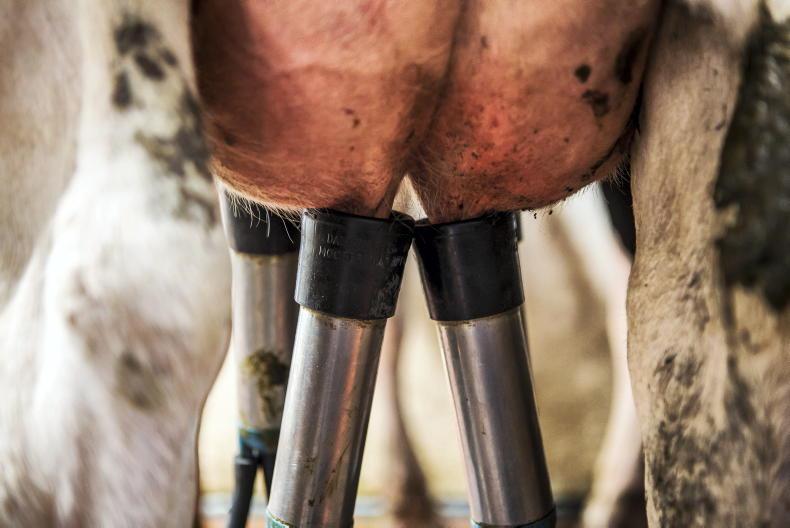Many vegetarians and vegans actually do eat animal products, according to new research by GFK Research published in the Dutch Magazine Nutrition Vol 2, 2022.
The study examined whether people’s dietary identity actually matches their dietary habits.
The study also found that flexitarians (primarily vegetarian but occasionally eats meat or fish) are omnivores (eat food of both plant and animal origin) who eat more consciously.
Meat consumption
Some 1,629 participants were asked what products they ate and how often they consumed them, including both animal- and plant-based imitations.
They were then asked how they classified their dietary identity. The respondents were classified as 74% omnivore, 20% flexitarian, 3% vegetarian and 1% vegan.
The results indicate that those identifying as vegan and vegetarian do not necessarily adhere to these diets in the true sense.
While flexitarians were found to eat meat less often than omnivores, they were more likely to choose organic products. The research concluded that those classifying as flexitarian are more conscious about food.
Over 40% of vegetarians in this study indicated that they eat meat regularly or daily. Vegans, on the other hand, were found not to eat meat, but over 50% regularly ate eggs.
Dairy consumption
Over 40% of vegans were found to consume dairy products, with over 50% consuming cheese regularly or daily. This is despite the fact that vegan means no consumption of animal products including dairy or eggs.
Over one quarter of vegans in this study indicated that they ate a cheese sandwich regularly.
The study questionnaire differentiates products of animal origin and their plant-based imitations to avoid confusion. Flexitarian and vegetarians were found to be more likely to consume organic dairy products.
Comment
The study shows that dietary identity does not absolutely define an individual’s actual consumption.
While this is just one study, it does indicate that there is a market for dairy and meat among those who, by definition, exclude these products from their diet. However, they may have a higher tendency towards organic produce.
The findings should also serve as a caution to farmers, industry representatives and food manufacturers that they should remain open-minded on different dietary preferences.
When engaged in debate or discussion on dietary changes, it is important to understand that while some identify as not eating meat or animal products, in practice they actually do.









SHARING OPTIONS